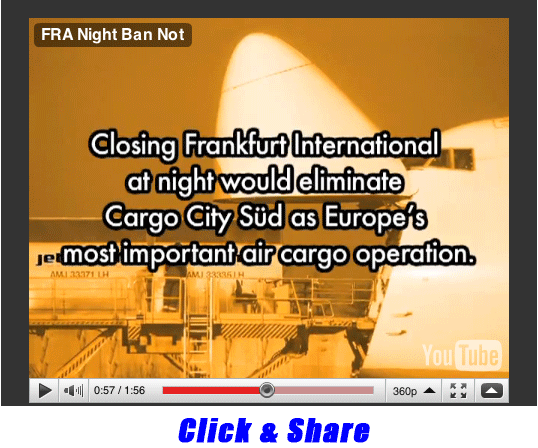Chris
Lands On His Feet
 |
 |
When DHL significantly curtailed
their domestic operations to concentrate internationally in January 2009,
tens of thousands of Americans were laid off and wondering what to do
next.
One of those laid off was Chris Cadigan,
account manager with DHL, who decided it was time to take control of his
professional future. Armed with his rolodex, leads, and resources, Chris
reinvented himself. He became a small business owner, opening a Unishippers
franchise location in Long Island.
Using his business connections from DHL
and his transportation sales experience, Cadigan turned a lay off into
success.
“The attractiveness of Unishippers
can be attributed to the many parallels the business has with my previous
shipping knowledge, which gives me a huge advantage to make an impact
in the industry,” said Cadigan.
“Having already realized that every
business needs to ship in some capacity, I’ve positioned my franchise
business to play to my strengths, which will not only benefit my own long-term
success, but benefit the sustainability of economic growth of local businesses.”
With more than 285 franchise locations nationwide,
Unishippers provides small business owners a complete line of shipping
options, including express, ground, freight, and international, all from
one company.
Partnering with more than thirty regional
and national shipping carriers, including, UPS, YRC, Estes, and Saia,
Unishippers offers small and mid-sized business owners complete shipping
options, attractive pricing, state- of-the-art transportation management
software, and local customer service.
“Customers are pleased with the 10-20
percent cost savings off of their annual shipping costs, whilst receiving
personalized service, which is a refreshing change from dealing with a
customer service center located halfway across the globe,” said
Cadigan.
Off to a fast start since he opened his
business last year, Cadigan is even attracting high-level clients. He
recently snagged a partnership with Steve Madden Ltd. to handle the footwear
giant’s LTL and FTL shipping needs.
"After an extensive review of our shipping
needs, we identified opportunities to improve efficiencies and deliver
a more consistent experience for our vendor customers," said Sanjeev
Sahni, Vice President Logistics with Steve Madden.
"Working with Unishippers of Nassau
South, we found a partner that understands the type of logistical expertise,
coordination and quality of service required and offers the best transport
solution for us and our customers."
Unishippers gives Steve Madden access to
dozens of regional and national carriers, which presents the optimal mix
of services to meet deadlines and price.
Chris and his team monitor all shipments
moving through the network, guaranteeing predictability levels. He also
audits all freight bills to ensure accuracy of invoices, and oversees
the scheduling of appointments to large distribution centers in the United
States, such as Sears and Wal-Mart.
"Steve Madden is able to leverage Unishippers
logistics expertise, vast carrier base and state of the art technology
which results in significant value for its customers," said Cadigan.
"The benefits are more consistent quality
service along with one point of contact to manage all their freight needs.
We are available to help them with whatever they need to get their product
to market."
|





